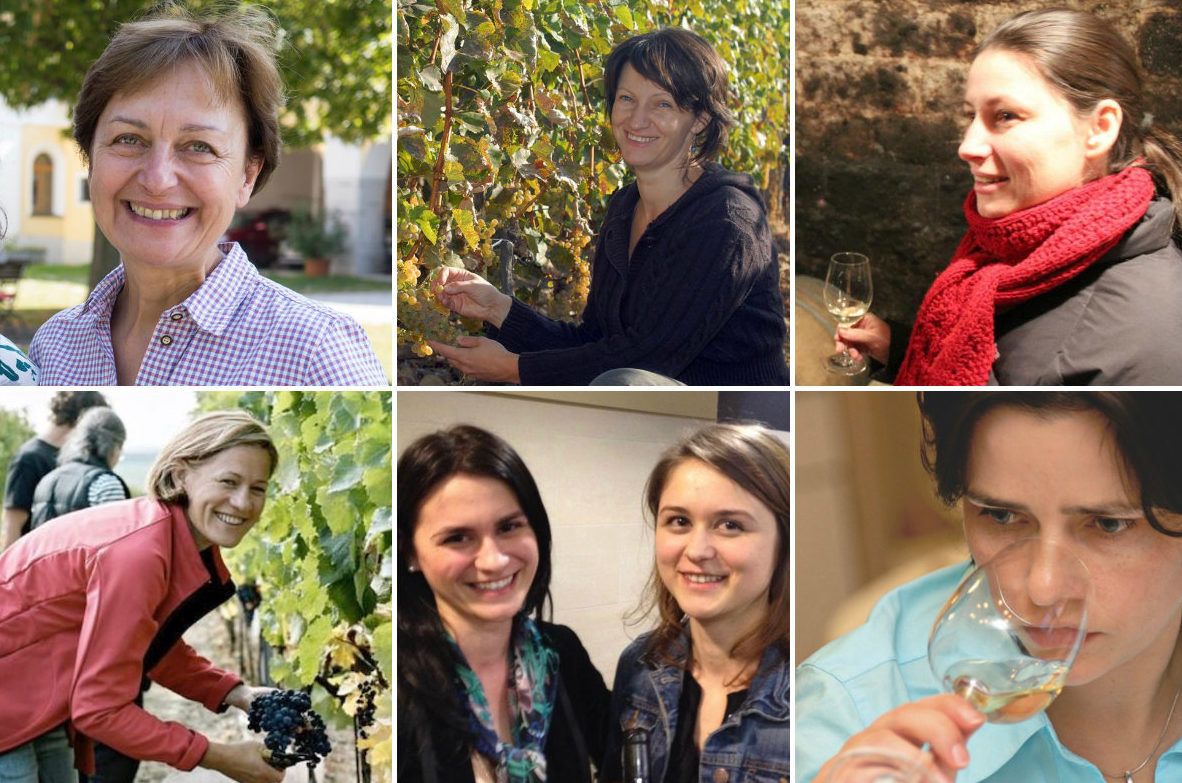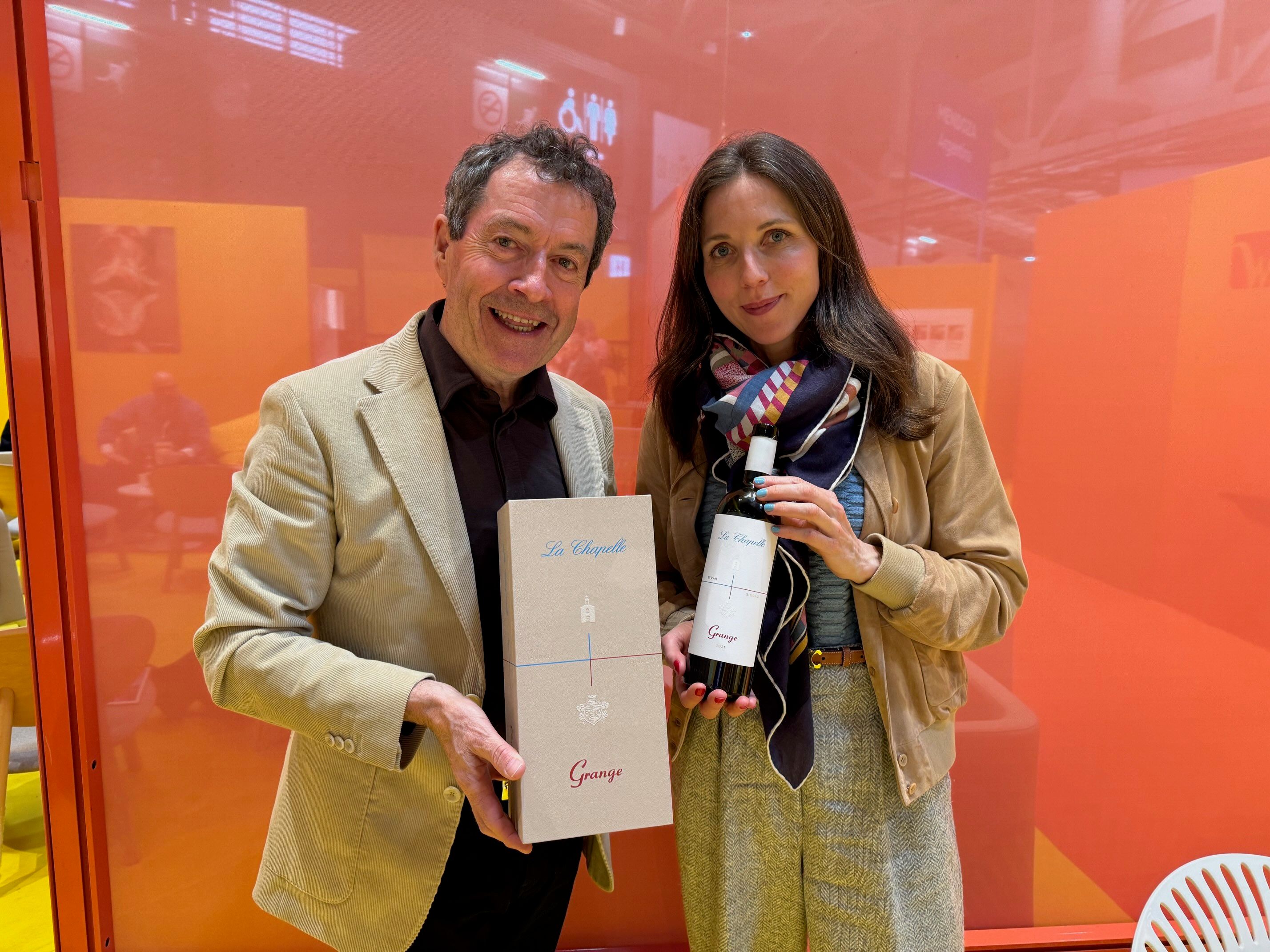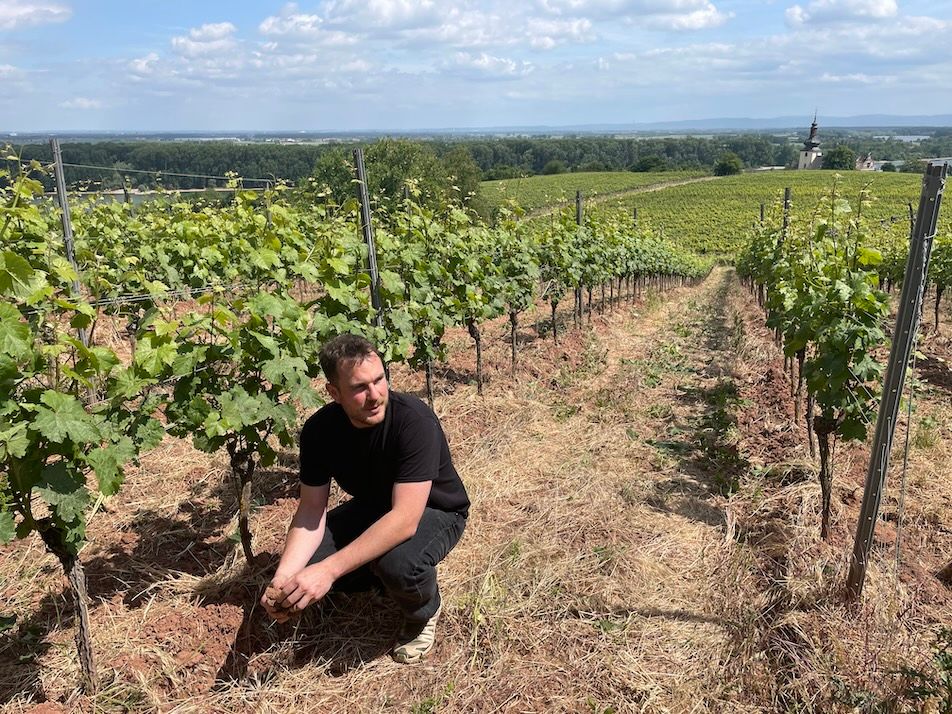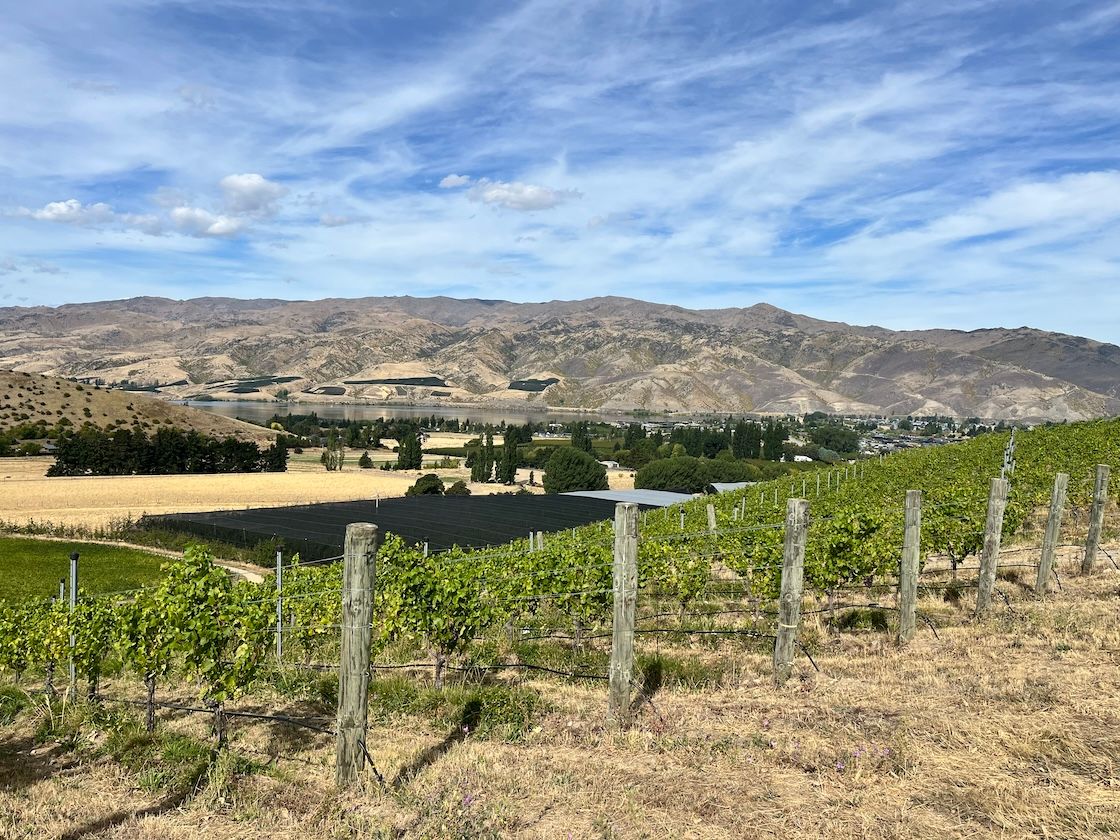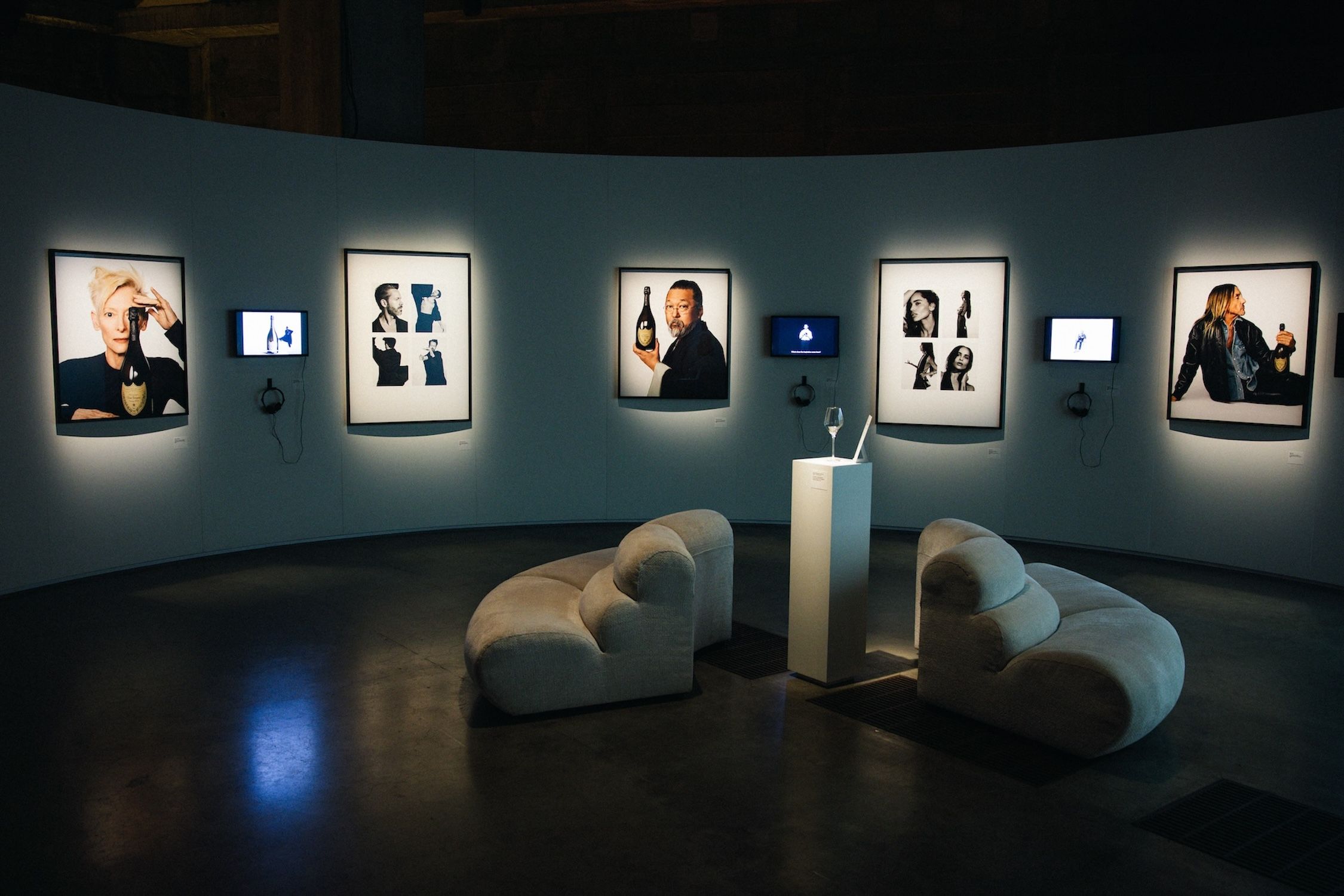“In Croatia Jo Ahearne MW is showing a more elegant face to the often rather heavy and alcoholic Plavac Mali as well as reviving rare grapes like Drnekuša,” writes Gilby.
International Women’s Day in early March is always a good time for reflection on the position of women in society. I think the UK wine trade would see our business as one where women enjoy pretty much equal status – working as senior buyers, managers, editors, PRs and writers across the trade. It’s not that long ago that it was quite different here, thinking back to my own early career. When I got promoted to senior wine buyer, I was only one of 20 women worldwide at that level in a company that employed 85,000 staff and I recall once (as a newly minted MW) getting on a bus full of wine trade characters in blazers to visit some Bordeaux chateaux to be greeted with a comment of “oh look – totty.”
So much as I hate singling out women doing a successful job at anything, my experience in Central and Eastern Europe suggests that the glass ceiling, and coping with macho cultures, is still very real to women in wine in this area. It’s encouraging to see that there are pockets of strong women who are making a real impression on the winemaking scene and supporting these producers can be an inspiration for others too.
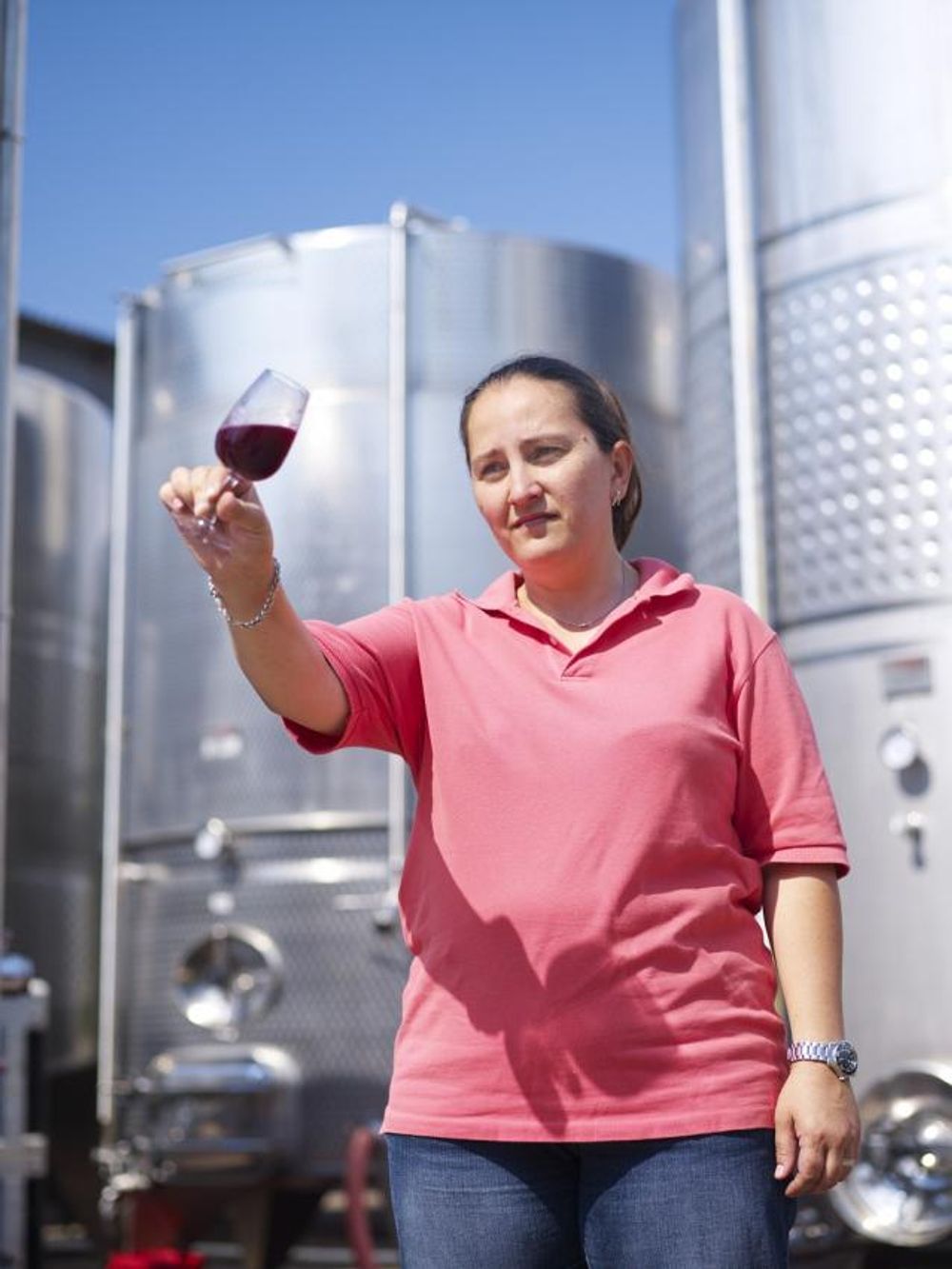
Lorena Deaconu Stoian, chief winemaker at Cramele Halewood in Romania
Hungary is fascinating case
The Tokaj region has a great group of women winemakers, wines and owners who support each other at tastings and events and are making some of the region’s most exciting wines. Women winemakers are relatively few and far between in the rest of the country. When I asked why at a conference in Hungary, one winemaker (male) in another region dismissively told me that, “it’s because women like sweet wines.”
This just highlights what women here still have to face and given the increasing importance of dry wine in Tokaj, it’s both not true and not relevant. Elsewhere in Hungary Monika Debreczeni is managing director of Vylyan winery in Villány, catapulted into the role when her late husband died in a car crash but she explained that winery was like their third child, and “you don’t abandon your children.” In the almost forgotten region of Mór, Krisztina Csetvei has really put the region back on the map with her great Ezerjó, all while juggling bring up her own young family.
In Romania, there are relatively few women in senior winemaking roles but the ones who have made it tend to be seriously impressive.
Lorena Deaconu who is winemaker at the Iconic Estate (formerly Halewood Romania, now under new ownership) describes her early battles to get the mostly male growers who supplied the company to pick grapes and deliver when she wanted, not when they decided suited (in the past often meaning two days queuing with grapes sitting in open trucks in the blazing sun). And at Cramele Recaș, Romania’s most successful exporter, Spanish-born and French-trained Nora Iriate is a key part of delivering such a hugely successful portfolio of wines. At the more boutique end of the scale, organic producer Nachbil now has a female winemaker Csilla Serliat the helm who is delivering increasingly refined wines with a more “natural” approach.
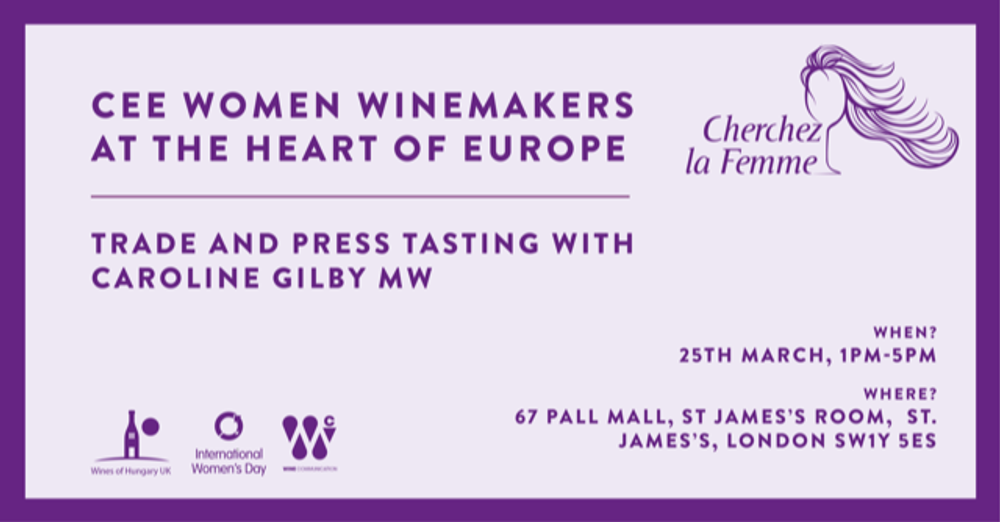
Slovenia often comes across as one of the most progressive of the former Yugoslav nations but there is a surprising dearth of women winemakers here. In spite of that many women have key roles in helping to shape their family wineries. As Tatjana Puklavec (of Puklavec Family Wines) says, “I am not a winemaker, but more a wine marketer, educating people all over the world about our wonderful wines from Slovenia and Northern Macedonia.”
Here too there is a Women in Wine Association so they can work together and cooperate. Over the border in Croatia there are relatively few women winemakers, but British Master of Wine Jo Ahearne has made the island of Hvar her winemaking home and is showing a more elegant face to the often rather heavy and alcoholic Plavac Mali as well as reviving rare grapes like Drnekuša.
Bulgaria is also a hotbed of great women winemakers, and also movers and shakers in the wine industry. Svetlana Slavova helped establish some of Bulgaria’s biggest names before setting up her own Alexandra estate to follow her personal dream. Kapka Georgieva is been behind some of Domaine Boyar’s (and indeed Bulgaria’s) most highly regarded wines – such as the flagship Solitaire and at Miroglio, Desi Bacheva has put sparkling wine and exciting Pinot Noir on the Bulgarian wine map and there are new faces like Dilyana Vasileva of CEE Wines appearing too. Personally, I suspect that so many good women in wine here has helped in the recent trend in Bulgaria to move wines towards more elegance and drinkability and leave behind the early days of the new era when quality wine was all about concentration, power and oak.
And on the far edge of Europe in Moldova there are several great women such as Cristina Frolov of Castel Mimi who are involved in winemaking or ownership of their family wineries and shaping a new direction for Moldovan wine.
The objective of this Women in Wine in Central & Eastern Europe tasting is not about singling out women in wine for being women, but to focus on the personal stories of the winemakers and owners and the amazing wines they are producing. Whatever your views on singling out women and their role in the world of wine (and in an ideal world we wouldn’t need to), this is a great opportunity to come and taste and explore the wines for yourselves and meet some of the fantastic women behind what’s in the bottle.
Register here to meet these amazing women winemakers at CEE Women Winemakers at The Heart of Europe.
